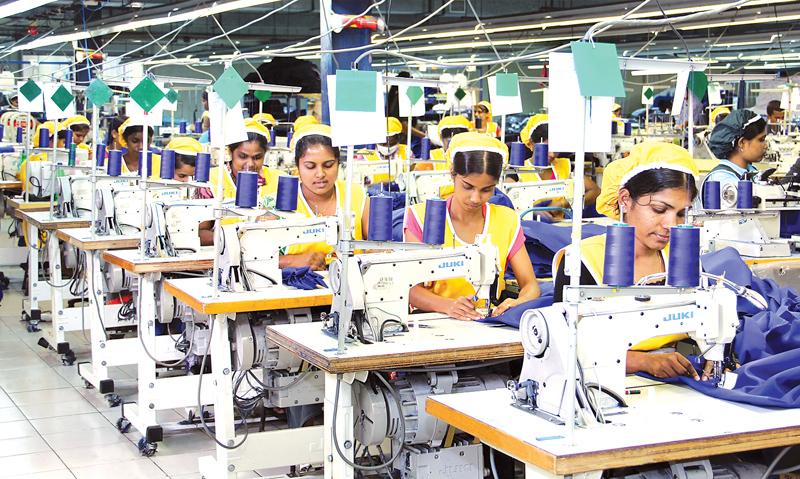
With the decision by the US Congress to renew the Generalized System of Preferences, which lapsed on December 31, 2017, Sri Lanka’s exporters breathed a sigh of relief last week.
Although it was known to be a temporary lapse due to a procedural hitch since the Congress did not re-authorize it before the Parliament adjourned for the year, Sri Lanka and other GSP beneficiary countries and territories were lobbying for its early renewal.
The authorization of the GSP scheme by the Congress took place on March 23, this year with President Donald Trump signing the relevant Act and it will come into effect on April 22, a senior official at the Foreign Ministry’s Commerce Desk told the Sunday Observer.
During the Obama administration the GSP scheme remained expired for almost two years before it was renewed in June 2015 when President Obama signed the Trade Preferences Extension Act of 2015. According to reports and observations by the Institute of Policy Studies (IPS), for nearly thirty years US GSP facility has expired almost 10 times.
The GSP program has effective dates specified in the Act, thereby requiring periodical reauthorization in order to remain in effect.
The US buyers of Sri Lankan products can now reimburse the standard import duties that were paid during the nearly four months of its temporary withdrawal by the US government, the official said. The relevant US legislation provides for retroactive extension of GSP benefits.
The tax concessions provided under the GSP scheme are accrued by the US buyers at the point of importation and in turn Sri Lankan exporters are benefitted because of increased buyer interest. The official said, the tax re-claims are made from the US Government through the US customs.
Although Sri Lanka’s single largest export to the US market, the Apparels do not enjoy the concessions, the country significantly depends on the GSP facility to boost its trade with the US. And over US $ 193 million worth goods out of the total US $ 2.8 billion exports to the US last year was made under the preferential trade scheme, the data shared by the Foreign Ministry official showed.
The Apparels are not given GSP status on the ground the Sri Lankan garments are of high quality and can compete without it. But it is also believed that domestic pressure in the US is another cause for the alienation.
By 2015, GSP provided preferential duty free entry for about 4,800 products from 120 designated beneficiary countries and territories. GSP which eliminates import duties of thousands of less competitive products to the US was instituted on January 1, 1976, by the US Trade Act of 1974.
Among leading Sri Lankan products to the US under the GSP are rubber, gem and jewellery, floor and wall tiles, sea food, cut foliage and choir products.
The Fisheries Ministry announced on Friday that Sri Lanka’s fisheries exports to US which account for 27 % of total annual exports, stands to gain 15% tax relief with the re-activation of the GSP.
Of the entire GSP entitled goods, Sri Lanka exported 87% under the special scheme last year. Sri Lanka’s rate of utilization of GSP therefore is above the world average of 80% - 85%, a Foreign Ministry spokesperson said.
The US is the single largest export destination for Sri Lankan goods and the apparels and rubber products remain the biggest exports to the American market.
